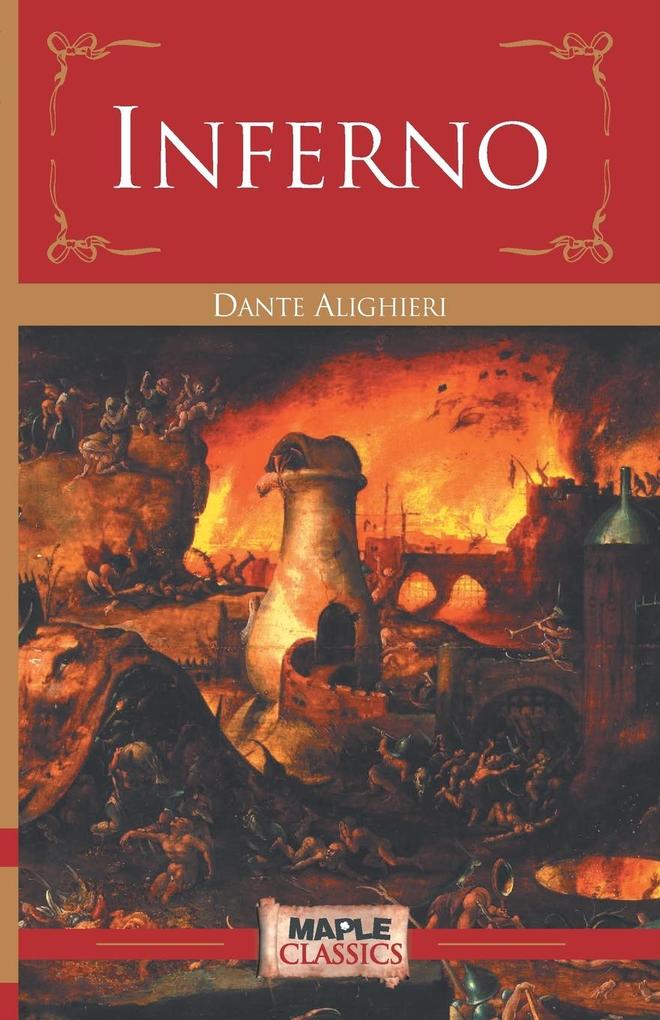
Zustellung: Mi, 22.01. - Sa, 25.01.
Versand in 6 Tagen
VersandkostenfreiBestellen & in Filiale abholen:
?Because your question searches for deep meaning, I shall explain in simple words?Inferno is an epic poem written by Dante Alighieri and is a part of the Divine Comedy. It visualizes Dante?s spiritual journey, where he travels down through nine concentric circles embarking the readers through the dark and gloomy corners of hell, where Dante encounters how souls in the inferno suffer for their sins.The poem foregrounds the immortality of the soul as it paints a soul's journey through the ?city of woes?, where punishment is ?eternal? and the cursed are ?lost?. Regarded as one of the classics of Italian literature, Inferno is a truly a masterpiece.
Produktdetails
Erscheinungsdatum
01. September 2019
Sprache
englisch
Seitenanzahl
234
Autor/Autorin
Dante Alighieri
Verlag/Hersteller
Produktart
kartoniert
Gewicht
336 g
Größe (L/B/H)
216/140/15 mm
Sonstiges
Paperback
ISBN
9789388304740
Entdecken Sie mehr
Bewertungen
0 Bewertungen
Es wurden noch keine Bewertungen abgegeben. Schreiben Sie die erste Bewertung zu "Inferno" und helfen Sie damit anderen bei der Kaufentscheidung.










